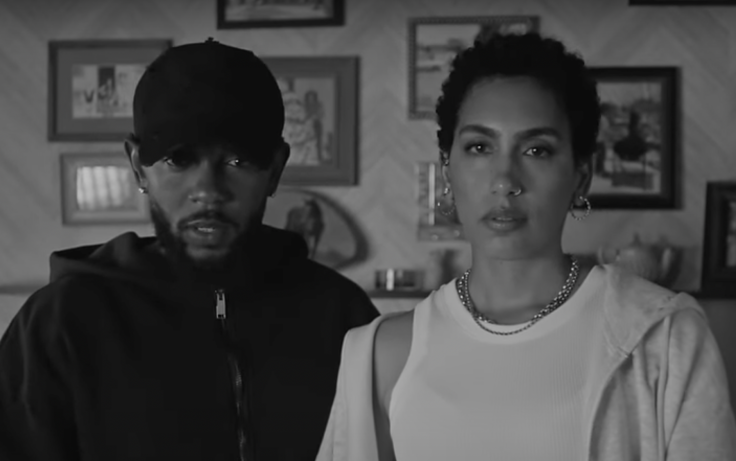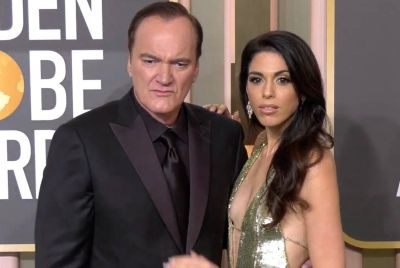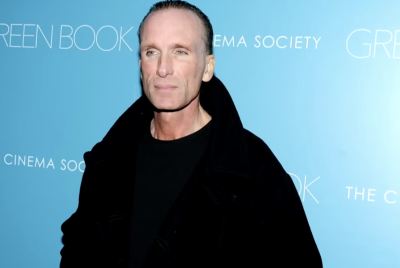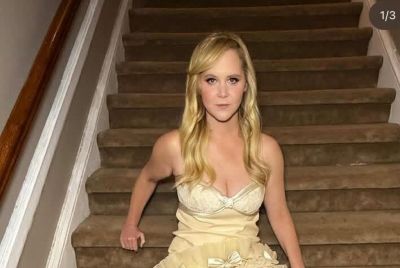Kendrick Lamar, Drake Beef Explained: Timeline, Diss Song And How Is LeBron James Involved?
A decade-long rivalry turned into an all-out diss track battle with personal accusations and legal fallout

Kendrick Lamar and Drake's long-running rap rivalry has intensified throughout 2024 and 2025, evolving from subtle lyrical jabs into a high-profile cultural clash. A wave of diss tracks, legal disputes, and celebrity reactions has propelled the feud beyond the music world.
Now, NBA star LeBron James has entered the conversation, surprising many by publicly showing support for Lamar. His involvement highlights how the dispute has expanded into sport, media, and broader public discourse.
A Beef Years in the Making
From 2013 to 2023, Drake and Lamar shared a competitive relationship, collaborating occasionally while exchanging coded swipes in lyrics, according to Page Six. Tensions peaked in March 2024 when Lamar's verse on Like That, a track by Future and Metro Boomin, appeared to call out both Drake and J. Cole, positioning Lamar as the leading figure in contemporary rap.
Drake responded with tracks including Push Ups and the AI-assisted Taylor Made Freestyle. The latter used synthetic versions of Tupac Shakur's and Snoop Dogg's voices and was later pulled following objections from Tupac's estate, BBC reported.
Lamar countered with a series of hard-hitting diss tracks such as Euphoria and 6:16 in LA in April, followed by Meet the Grahams and Not Like Us in May. These songs levelled direct personal accusations against Drake. In response, Drake released Family Matters, which alleged domestic abuse, and The Heart Part 6, which was poorly received and subsequently removed.
Drake Sues Over Diss Track as LeBron Backs Lamar
By early 2025, the dispute had reached the courts, The Guardian reported. Drake filed a defamation lawsuit against Universal Music Group, which owns Kendrick Lamar's label Interscope, claiming they had enabled the release of defamatory material in Not Like Us. He also lodged a complaint against Spotify, accusing the platform of inflating Lamar's streaming numbers, which was a claim later withdrawn, according to CBS News.
In July 2025, a viral video emerged on TikTok of LeBron James enthusiastically rapping along to Not Like Us at a party in Cannes. This sparked widespread speculation that he was signaling a shift in loyalties.
Yeah Lebron and Drake definitely don't talk anymore 💀
— SUAREZ (@suayrez) July 22, 2025
Drake was not tripping.
— Latrell Phillips (@TrizzeTrell) July 22, 2025
This is betrayal 😂😂😂
This followed veiled references from Drake in Fighting Irish Freestyle, lyric changes like 'not LeBron'. ESPN reported he had covered up a Los Angeles Lakers tattoo with the name of Canadian basketball player Shai Gilgeous-Alexander, which was interpreted by some as a subtle response to James's stance.
Rap Feud Spills Into Sport, Media and Pop Culture
Kendrick Lamar's performance of Not Like Us during the Super Bowl LIX halftime show in February 2025 helped cement the track's cultural significance. Viewed by more than 130 million people, it marked the first time a solo rapper headlined the event. The performance, widely seen as a direct jab at Drake, drew both praise and controversy, with over 100 viewer complaints filed to US regulators, according to The Rolling Stone.

The song's impact continued at the 2025 Grammy Awards, where it won multiple major categories including Record of the Year and Best Rap Performance. Not Like Us became one of the most streamed songs globally, and Lamar's confrontational lyrics have been referenced across sports broadcasts, talk shows, and social media. As endorsements and reactions from figures like LeBron James entered the mix, the feud's relevance expanded well beyond music circles into mainstream cultural debate.
LeBron James's involvement illustrates how celebrity rivalries can shape public discourse well beyond the original context. With allegations, industry politics, and high-profile endorsements now part of the narrative, the outcome of the Kendrick Lamar–Drake dispute remains uncertain, but its cultural footprint is undeniable.
© Copyright IBTimes 2025. All rights reserved.





















